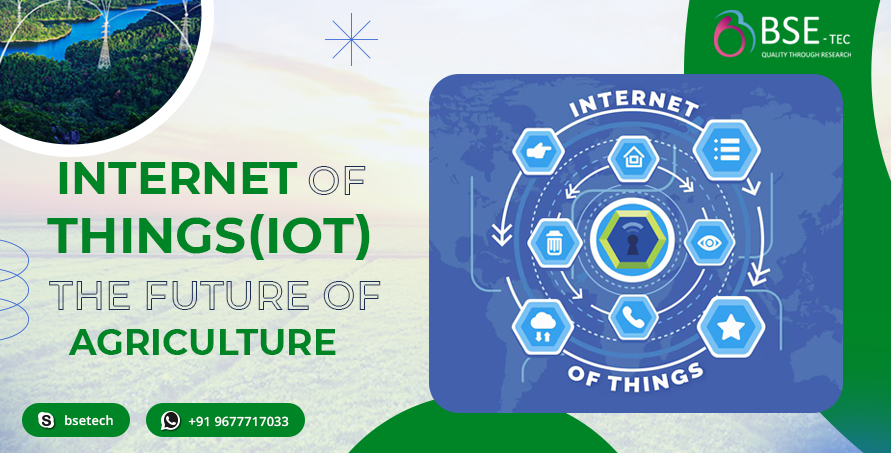
The healthcare landscape is changing faster than ever, driven by technology that puts patients’ well-being front and center. At the heart of this change is the Internet of Things (IoT)—a game-changer that’s making health care more compassionate, accessible, and efficient. Let us see how development companies are involved in IoT in Healthcare industry.
What is IoT?
IoT (Internet of Things) refers to a network of physical devices—such as sensors, appliances, vehicles, and other objects—that are connected to the Internet, allowing them to collect, exchange, and analyze data. This connectivity enables automation, remote monitoring, and smarter decision-making across various industries and everyday life.
Common Programming Languages Used in IoT:
- C and C++: Widely used for embedded systems and firmware development in microcontrollers.
- Python: Popular for rapid development, data processing, and working with IoT hubs or cloud services.
- JavaScript (Node.js): Used for IoT applications involving web servers, dashboards, and real-time data updates.
- Java: Employed in more complex IoT systems and Android-based devices.
Benefits of IoT in Healthcare Industry
There are numerous issues in the traditional system as we know, When the patient is under medication needs to be monitored, tracked, and cared and many other reasons are there which require a person, and in real time there is a higher chance of missing that specific duration so to overcome many niche technologies like blockchain, IoT is developed by IT professionals for the betterment to the healthcare sector in the format of mobile apps, web app and wearable devices that provides accuracy of data.
1. Enhanced Patient Care
Technology like IoT helps doctors and nurses to stay better connected with patients. Many wearable devices continuously monitor vital signs, allowing care teams to catch issues early, even before symptoms appear. It’s like having a caring eye watching over someone 24/7.
2. Real-Time Monitoring
For patients with chronic illnesses, like diabetes or heart conditions, real-time data from IoT devices means immediate responses to emergencies that monitor patients regularly. It’s a life-changing comfort knowing help can be quick and precise whenever needed.
3. Improved Hospital Management
IoT streamlines hospital operations—tracking equipment, managing inventory, and ensuring everything runs smoothly. Patients feel calmer knowing they’re being cared for in a well-organized environment.
4. Personalization of Treatment
Every person is unique, and IoT helps tailor treatments based on precise data. When care is personalized, patients often feel more understood and genuinely cared for, creating a sense of trust and hope.
5. Reduced Healthcare Costs
By catching health issues early and preventing complications, IoT reduces unnecessary hospital visits and treatments. This doesn’t just save money but eases the emotional burden on families and loved ones.
6. Enhanced Medication Management
IoT-powered reminders and smart pill dispensers ensure patients take their medications correctly. It’s a small act that can make a big difference—fostering independence and peace of mind.
7. Increased Accessibility
People living in remote or underserved areas can receive expert care through IoT-enabled telemedicine. It’s a bridge that connects hearts and minds across distances, making everyone feel less alone in their health journey.
8. Better Data for Research
IoT generates vast amounts of data that can be used to understand health trends and develop new treatments. Behind every statistical advance, there’s a story of hope—hope for better cures and brighter futures.
9. Empowering Patients
With easy access to their health data, patients become more engaged in their care. This empowerment fosters confidence and a sense of partnership, reminding everyone that they aren’t alone in their health battles.
10. Supports Aging in Place
For seniors, IoT offers safety and independence. Emergency alert systems, fall detection, and remote monitoring mean they can continue living comfortably at home while receiving the support they need.
Development companies typically work with IoT in Healthcare Industry by combining their technical expertise with a deep understanding of medical needs to create innovative solutions. Here’s how they generally operate:
1. Understanding Healthcare Needs:
They start by collaborating closely with healthcare providers, patients, and stakeholders to identify real challenges, like improving patient monitoring or streamlining hospital workflows.
2. Designing Custom IoT Solutions:
Healthcare IoT solutions provider develops tailored IoT devices, platforms, or systems—such as wearable health trackers, remote monitoring tools, or smart hospital equipment—that address specific needs with user-friendly interfaces.
3. Integration & Connectivity:
They focus on ensuring seamless connectivity—integrating IoT devices with existing healthcare systems like Electronic Health Records (EHRs) so that data flows smoothly and securely.
4. Ensuring Data Security & Privacy:
Given the sensitivity of health data, companies prioritize robust cybersecurity measures, adhering to standards like HIPAA, to protect patient information.
5. Prototyping & Testing:
They build prototypes, test them in real-world environments, gather feedback, and refine the solutions to ensure reliability, accuracy, and ease of use.
6. Deployment & Support:
Once finalized, they help hospitals or clinics implement these solutions, providing ongoing technical support and updates to keep everything running smoothly.
7. Data Analysis & Insights:
They also develop analytics tools to interpret the data from IoT devices, helping healthcare providers make better-informed decisions for patient care.
8. Compliance & Regulations:
Medical IoT service provider ensures all solutions meet legal and medical standards, facilitating approvals and certifications needed for medical devices.
Essentially, companies like BSEtec act as partners, blending tech innovation with healthcare’s human touch, ensuring solutions are practical, safe, and truly beneficial for those needing care most.
Would you like to know specific projects or technologies they have worked on? Then check out our website or book your consultation at no cost to support@bsetec.com. It’s not just about technology; it’s about caring smarter and more compassionately about how IoT can transform healthcare further. Let’s explore it together!
Did you find this article useful? Let us know by leaving a comment below, or join us on Twitter and Facebook.


